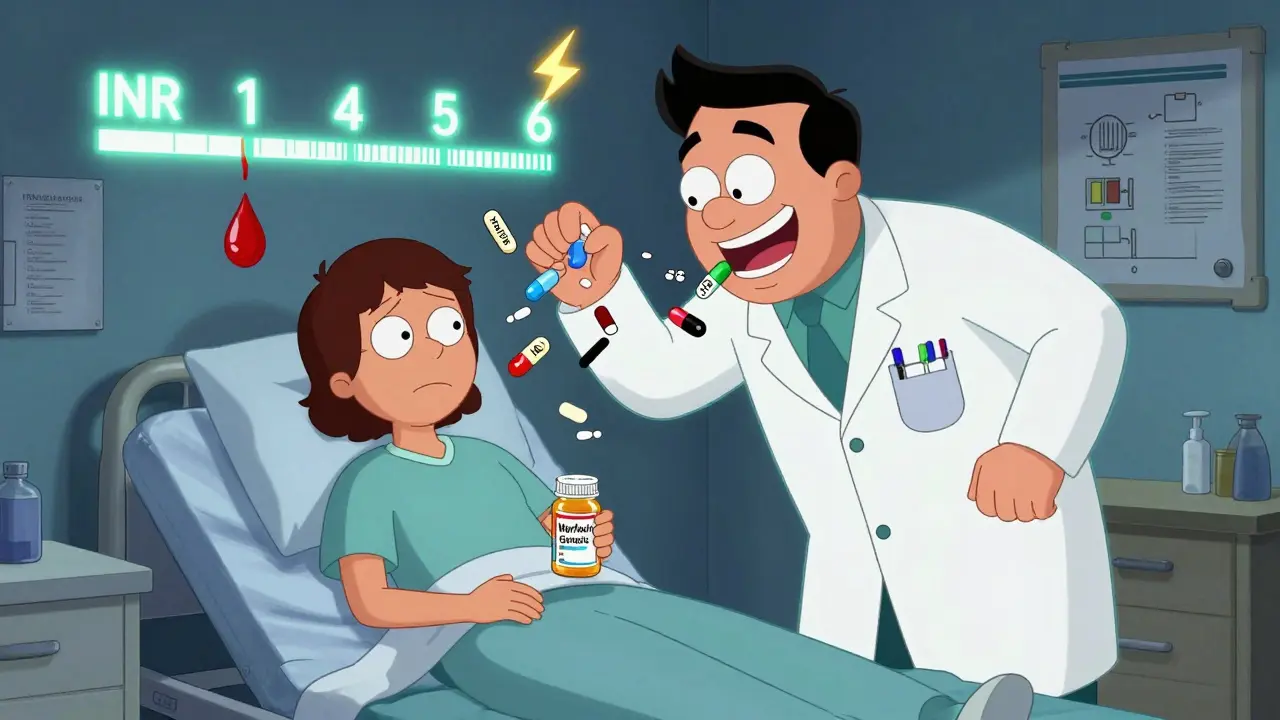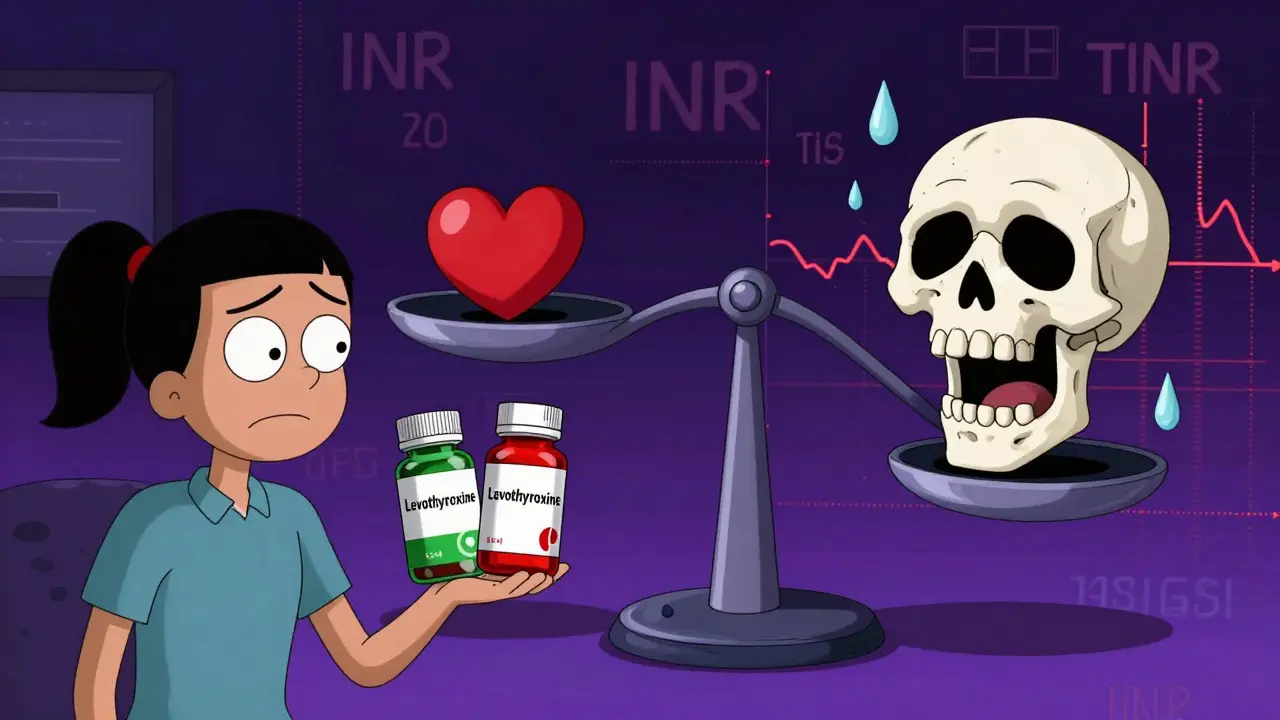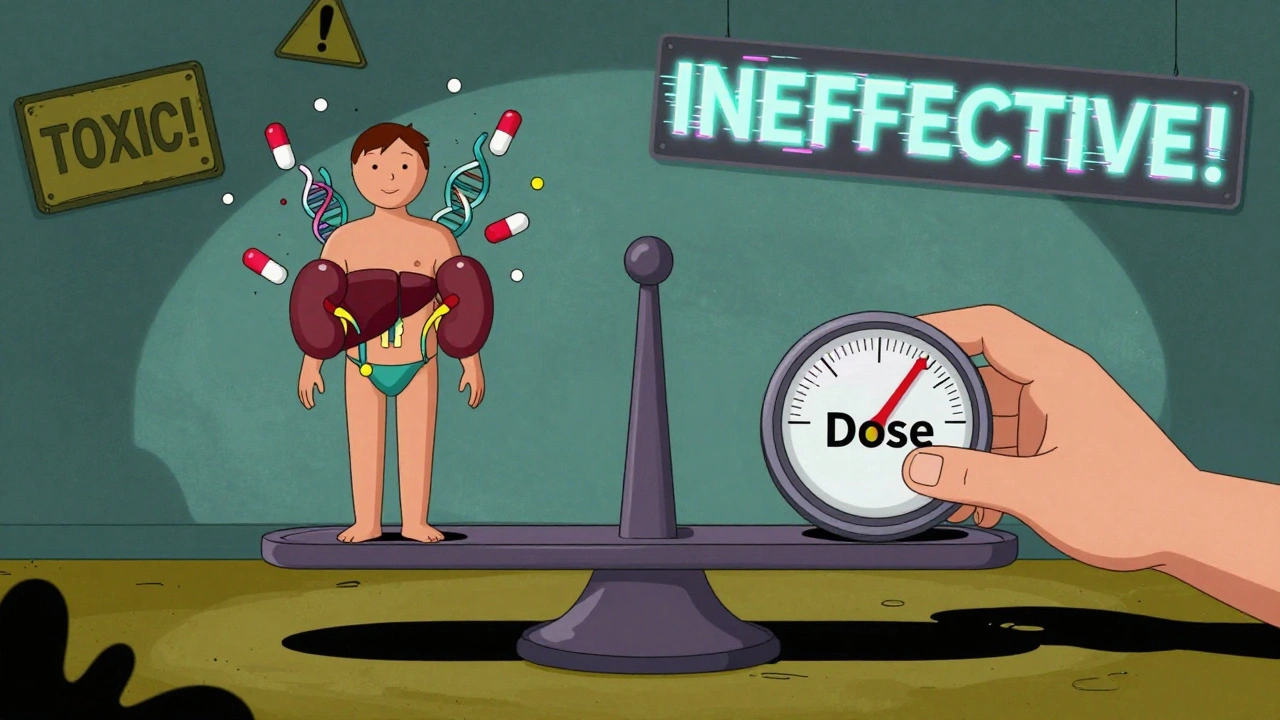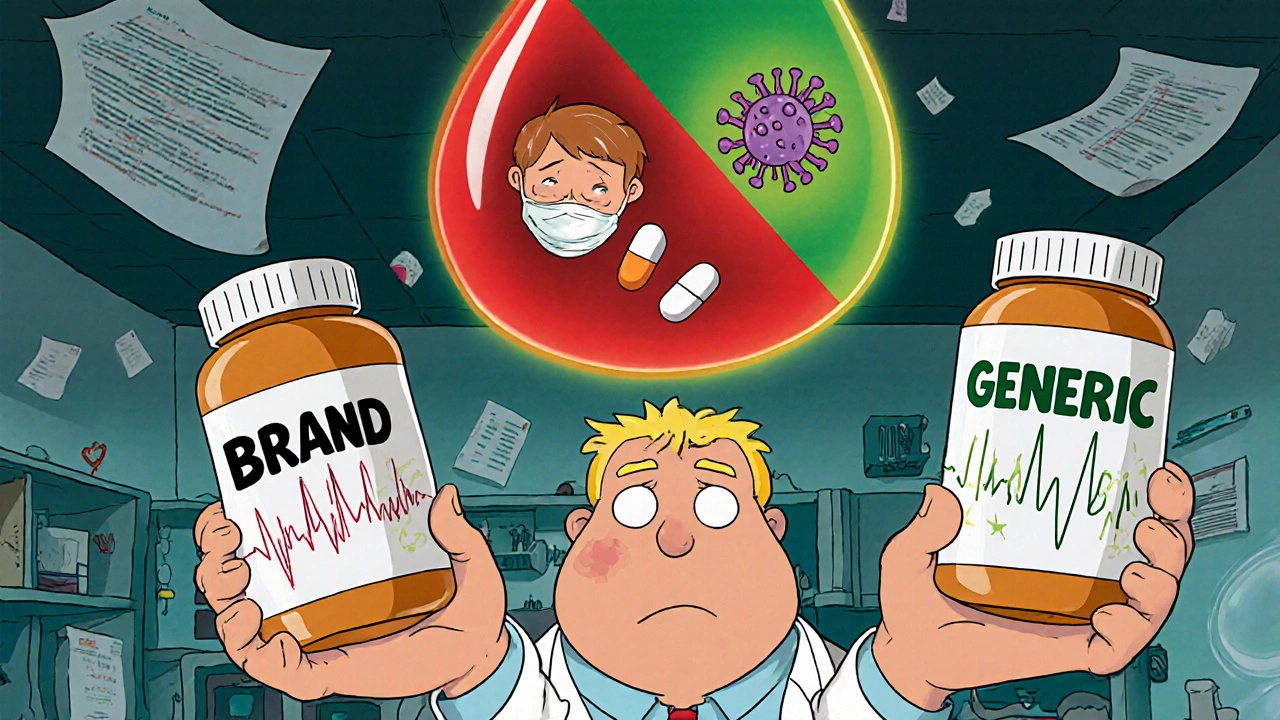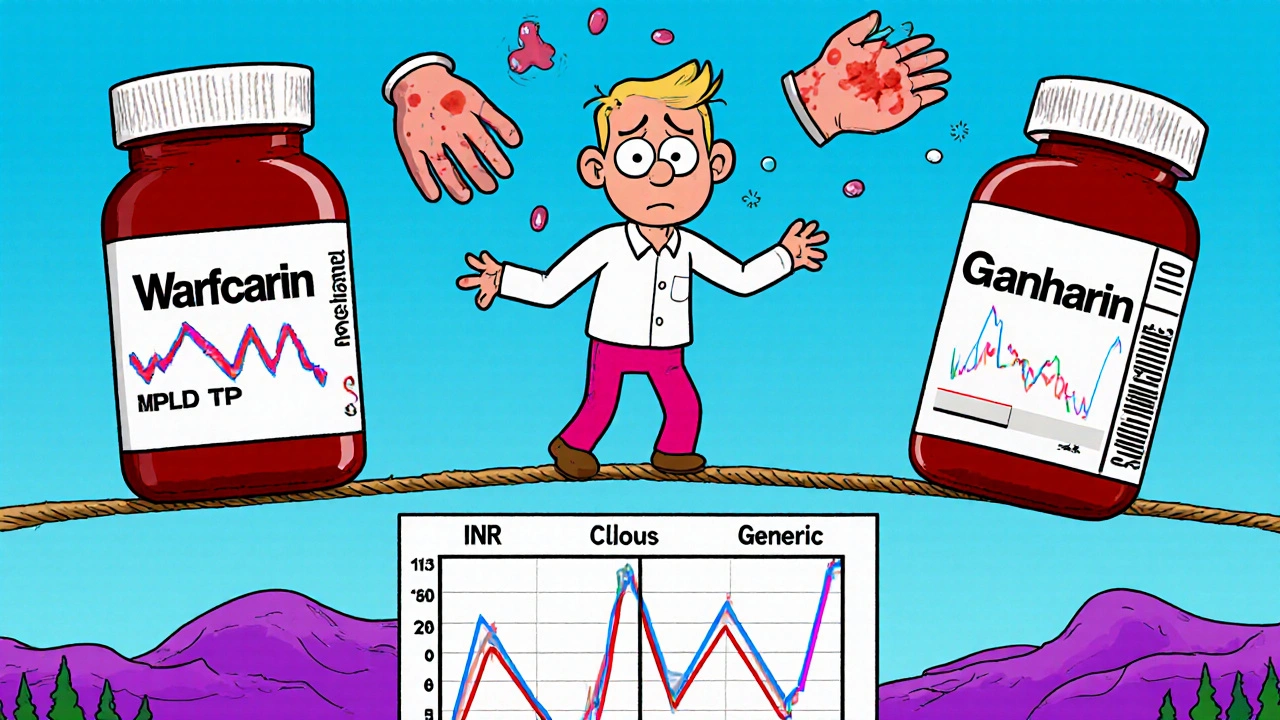NTI Drugs: What They Are, Why They Matter, and What You Need to Know
When we talk about NTI drugs, medications with a narrow therapeutic index where small changes in dose can lead to serious side effects or treatment failure. Also known as narrow therapeutic index drugs, these are not your average pills—they demand precision because the line between helping and harming is razor-thin. Think of them like driving a sports car: one wrong turn at high speed and you’re off the road. A few milligrams too much of warfarin can cause dangerous bleeding. A tiny dip in lithium levels might make depression come roaring back. These aren’t hypotheticals—they’re real risks that show up in emergency rooms, nursing homes, and pharmacies every day.
NTI drugs include warfarin, a blood thinner where even small changes in diet or other meds can throw off your INR levels, lithium, used for bipolar disorder and tightly monitored through regular blood tests, and digoxin, a heart medication where toxicity can trigger irregular rhythms or nausea. These aren’t rare oddities—they’re commonly prescribed. And they’re often mixed with other drugs, which is where things get risky. A new antibiotic, an herbal supplement, even a change in kidney function can shift how your body handles an NTI drug. That’s why monitoring isn’t optional—it’s life-saving.
What makes NTI drugs different isn’t just their potency—it’s how little room for error they allow. Unlike most meds where you can adjust slowly, these require exact dosing, consistent timing, and close follow-up. You can’t just refill and forget. Blood tests, doctor visits, and clear communication with your pharmacist aren’t extras—they’re part of the treatment. The posts below cover real-world examples: how to manage NTI drugs safely, what to watch for when switching brands, why generic substitutions can be risky, and how to spot early signs of toxicity. Whether you’re taking one of these drugs yourself or helping someone who is, this collection gives you the practical tools to avoid mistakes before they happen.
